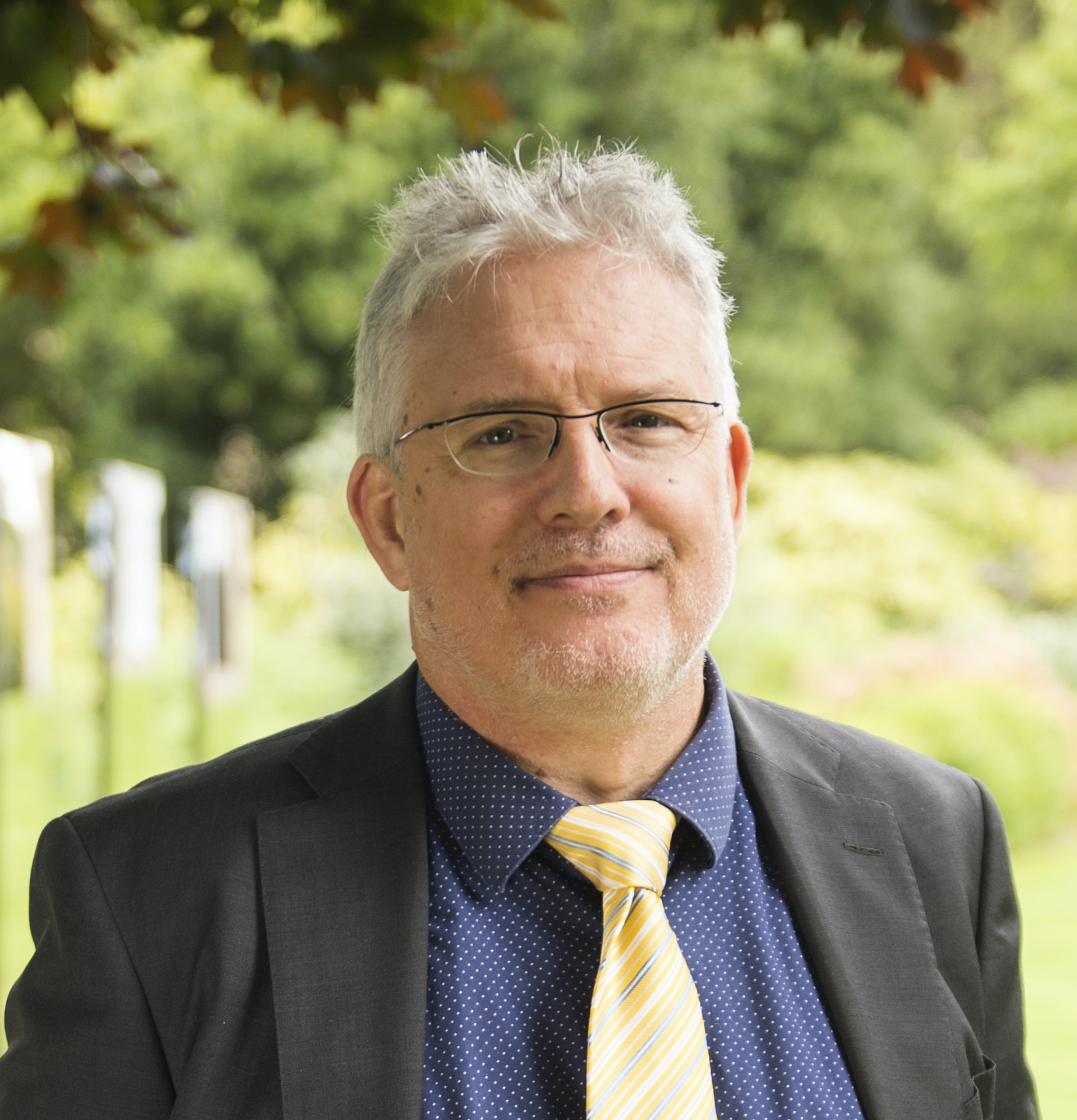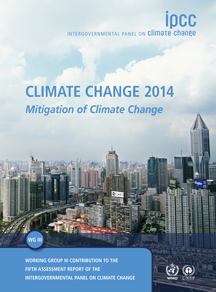A meeting of international experts at the University of Bristol addresses one of the crucial issues facing humanity.
“Uncertainty, uncertainty, uncertainty … so why should we bother to act?”
Who hasn’t heard politicians or media personalities appeal to uncertainty to argue against climate mitigation? And indeed, why should we interfere with the global economy when there is uncertainty about the severity of climate change?
Some 20 leading experts from around the world will be meeting in Bristol late in September to discuss the implications of scientific uncertainty on the proper response to climate change.
This is particularly crucial because in contrast to the widespread public perception that uncertainty is an invitation to delay action on climate change, recent work suggests that scientific uncertainty actually provides an impetus to engage in mitigative action. Specifically, the greater the scientific uncertainty, the greater are the risks from climate change.
This conflict between people’s common perceptions of uncertainty and its actual implications is not altogether uncommon, and there are many situations in which people’s risk perception deviates from best scientific understanding.
The Bristol meeting brings together scientists and practitioners with the goal of (a) developing more effective means to communicate uncertainty and (b) to explore how decision making under uncertainty can be better informed by scientific constraints.
To address the scientific, cultural, health, and social issues arising from climate change requires an in-depth and cross-disciplinary analysis of the role of uncertainty in all of the three principal systems involved: The physical climate system, people’s cognitive system and how that construes and potentially distorts the effects of uncertainty, and the social systems underlying the political and public debates surrounding climate change.
The results of the meeting will become publicly available through scientific publication channels, with the details to be announced closer to the time of the meeting. In addition, two attendees at the meeting will be presenting public lectures at the University of Bristol:
Friday 19 September, 6:00-7:30 pm. Dogma vs. consensus: Letting the evidence speak on climate change.
In this Cabot Institute public lecture, we are pleased to present John Cook, Global Change Institute, University of Queensland, and owner of the Skeptical Science blog, in what promises to be a fascinating talk.
In 2013, John Cook led the Consensus Project, a crowd-sourced effort to complete the most comprehensive analysis of climate research ever conducted. They found that among relevant scientific articles that expressed a position on climate change, 97% endorsed the consensus that humans were causing global warming. When this research was published, it was tweeted by President Obama and received media coverage all over the world, with the paper being awarded the “best article” prize by the journal Environmental Research Letters in 2013. However, the paper has also been the subject of intense criticism by people who reject the scientific consensus. Hundreds of blog posts have criticised the results and newspapers such as the Wall Street Journal and Boston Globe have published negative op-eds. Organisations who deny or reject current science on human-caused climate change, such as the Global Warming Policy Foundation in the UK and the Heartland Institute in the US, have published critical reports, and the Republican Party organised congressional testimony against the consensus research on Capitol Hill. This sustained campaign is merely the latest episode in over 20 years of attacks on the scientific consensus on human-caused global warming. John Cook will discuss his research, both on the 97% consensus and on the cognitive psychology of consensus. He will also look at the broader issue of scientific consensus and why it generates such intense opposition.
Tuesday 23 September 2014, 6 pm to 7.30 pm. The Hockey Stick and the climate wars—the battle continues…
In this Cabot Institute lecture, in association with the Bristol Festival of Ideas, Professor Michael E Mann will discuss the science, politics, and ethical dimensions of global warming in the context of his own ongoing experiences as a figure in the centre of the debate over human-caused climate change.
Dr. Michael E Mann is Distinguished Professor of Meteorology at Penn State University, with joint appointments in the Department of Geosciences and the Earth and Environmental Systems Institute. He is also director of the Penn State Earth System Science Center. He is author of more than 160 peer-reviewed and edited publications, and has published books include Dire Predictions: Understanding Global Warming in 2008 and The Hockey Stick and the Climate Wars: Dispatches from the Front Lines in 2012. He is also a co-founder and avid contributor to the award-winning science website RealClimate.org.
 |
| Prof Stephan Lewandowsky |


